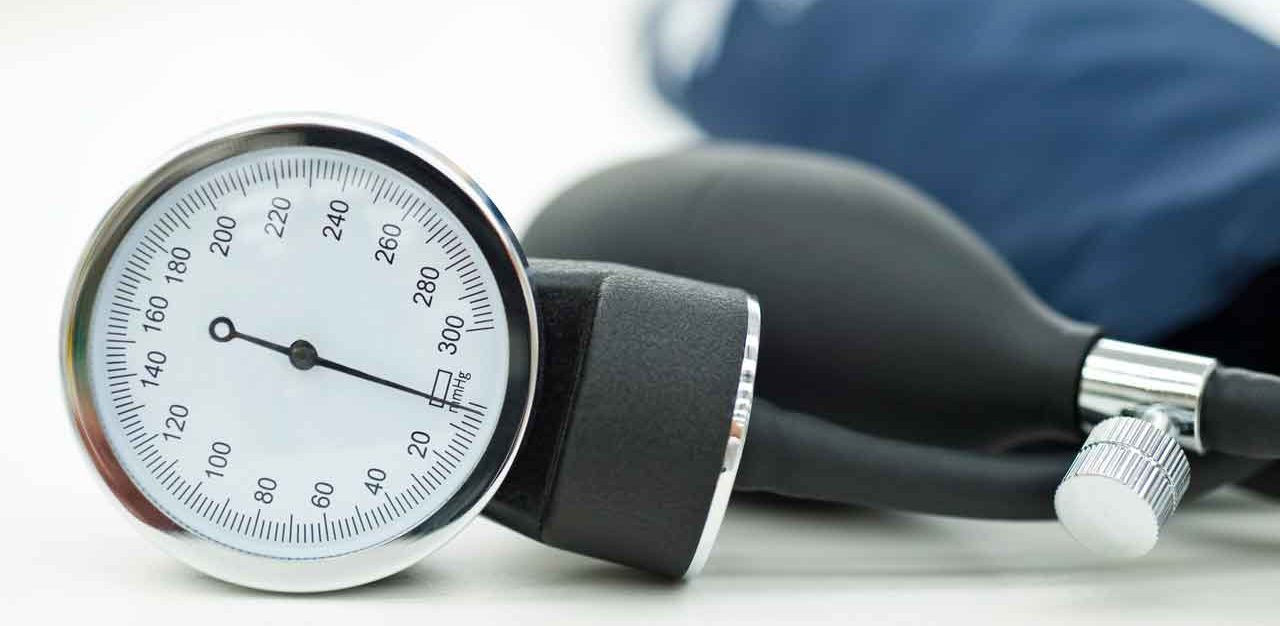Does Your Blood Pressure Need to Be Lower?

New guidelines advise you to keep your blood pressure lower than has been recommended for many years.
You might be surprised by your doctor at your next visit when he tells you to try and get your blood pressure lower — even though you’ve been in a healthy range for a long time.
The difference is a new federal study whose results suggest that lives may be saved if systolic blood pressure (your upper number) is reduced to under 120 rather than the previously recommended 140 (140 or higher has been defined as high blood pressure for years).
The new recommendations are particularly pertinent if you’re age 50 or older, said the study authors, who cut the research a year short because the study already had produced information that could save lives.
YOU MIGHT ALSO LIKE: Lower Your Blood Pressure with Lifestyle Changes
Doctors have been uncertain for years about where blood pressure should be in their patients for optimal health. In general, anyone on the upward edge of safety, about 140, should have been trying to bring their blood pressure down anyway.
The belief has long been that lower is better. But beyond that, doctors haven’t been able to refine their advice to patients because no evidence was convincing enough.
The new study, however, included a large group of 9,300 men and women aged 50 and up who had systolic readings of 130 to 180. They were considered at high risk of heart and kidney disease.
Between two groups, one was given “intensive treatment” to bring systolic blood pressure down below 120.
Primarily sponsored by the National Heart, Lung and Blood Institute (NHLBI), the research demonstrated that using medication to keep systolic blood pressure at or below 120 has clear benefits.
Those include reduced risk of heart attacks, strokes, and heart failure by one third and a 25 percent reduction of risk of death. That was compared with keeping blood pressure at 140. It was those findings that drove researchers to end the study early to get the results reported and, possibly, save lives now.
NHLBI Director Gary H. Gibbons was confident the study results will begin to factor into the way doctors guide their older patients, especially those considered at risk.
“This study provides potentially lifesaving information that will be useful to health care providers as they consider the best treatment options for some of their patients, particularly those over the age of 50,” said Gibbons said in a statement.
Some medical experts, however, cautioned that the results did not mean your doctor should suddenly put you on blood pressure medication because you’re over 120.
New Jersey’s lead investigator in the study, John Kostis, MD, said doctors should proceed slowly with applying results of the study to patients as more details emerge from the data.
"There are still important things we do not know yet that prevent us from advising patients and physicians to change their daily practices,” Kostis told the North Jersey News. “We know there was a large reduction in heart attack and stroke.”
“But we don't know all the absolute numbers," said Kostis, director of the Cardiovascular Institute at Rutgers Robert Wood Johnson Medical School. “We need to know more about the subpopulations in which these episodes occurred, by age and gender.”
For example, twenty-five percent of the patients in the study were 75 or older. Researchers also still want to take a closer look at side effects the medications used may have caused.
"A first look indicates that the treatment is extremely well tolerated, but that will be looked at much more closely," said a study leader, Jackson Wright, MD, of Case Western Reserve University.
Plus, you might be able to lower your blood pressure with lifestyle and behavioral changes before you start taking medications, according to the American Heart Association. Exercising, losing weight, improving your diet, and reducing stress are all factors in lowering blood pressure.
Other experts agreed, noting that not all the details of the study have been released, and there needs to be more known about the individual health of patients who suffered heart attacks or strokes, or about those who benefited from intervention.
Medical science has become more precise on where to draw the line on blood pressure before risks increase.
"Prehypertension can progress to high blood pressure and should be taken seriously. Over time, consistently high blood pressure weakens and damages your blood vessels, which can lead to complications," the NHLBI says.
But that doesn’t mean you should run to you doctor in a panic because your systolic blood pressure has been over 120.
The study results do give your doctor some food for thought, though, since there’s more evidence of a practical target than he’s had before.
Over time, the researchers said, more details that are teased out from the study will provide even more guidance. In the meantime, it’s prudent in any case to watch your weight, exercise, and eat a healthy diet, in addition to knowing where your blood pressure stands. Regular check ups with your doctor will take care of that.
Updated:
March 02, 2020
Reviewed By:
Christopher Nystuen, MD, MBA